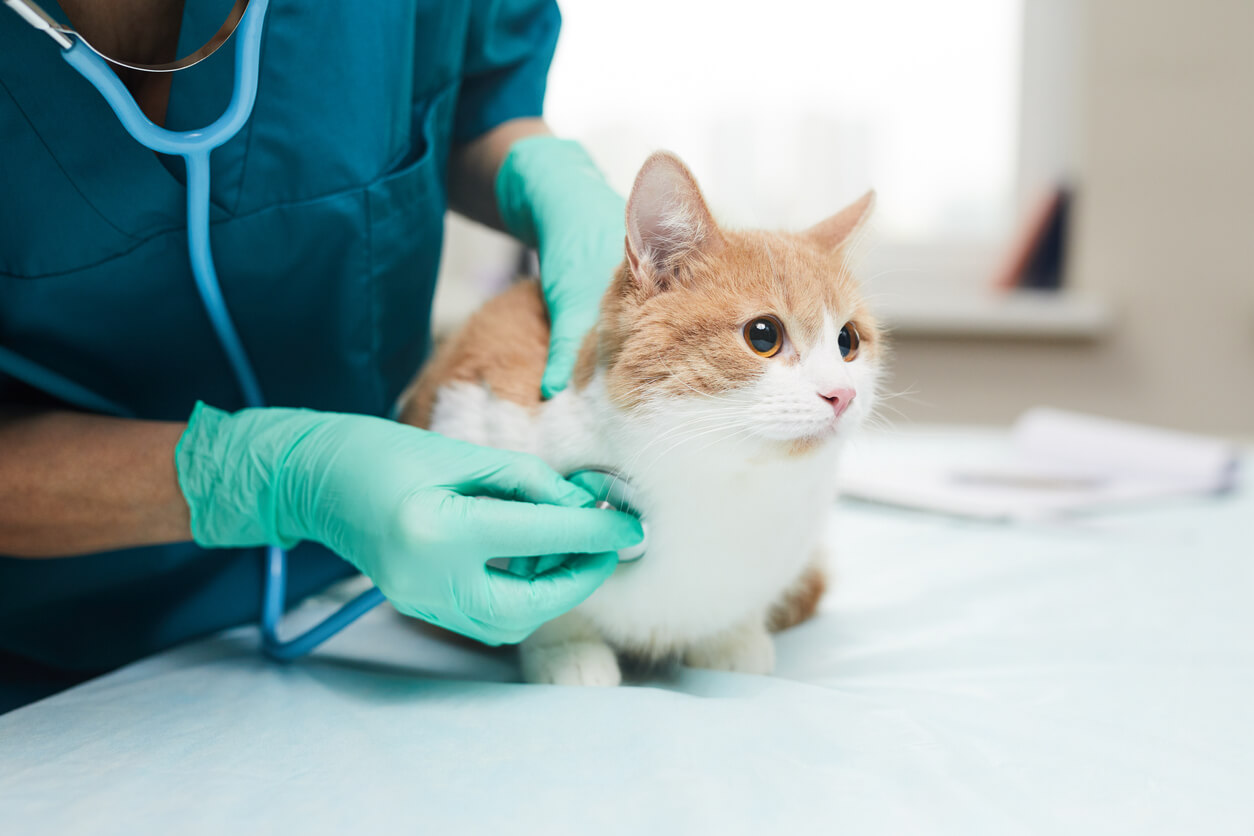Professional Tips for Family Pet Nutrition From a Veterinarian
Understanding the dietary needs of family pets is important for their general health and durability. Vets advise a balanced diet that provides to specific aspects such as type, age, and activity level. Yet, with the multitude of pet dog food alternatives readily available, pet proprietors commonly discover themselves navigating a landscape raging with false information and myths. As we explore essential pointers from veterinary experts, it comes to be noticeable that proper nourishment is not merely regarding what is fed yet entails a much deeper understanding of each pet dog's distinct requirements. What vital understandings could transform your strategy to pet nutrition?
Understanding Nutritional Needs
Comprehending the dietary demands of pet dogs is fundamental to ensuring their general health and wellness and health. Much like humans, animals need a well balanced diet regimen that provides vital nutrients, consisting of healthy proteins, fats, minerals, carbohydrates, and vitamins. These nutrients play critical roles in different bodily functions, such as energy production, immune reaction, and cells repair.
They are made up of amino acids, some of which are essential and should be gotten from food. Carbs offer as a key power source and can support digestive health when they include fiber.
Each family pet may have one-of-a-kind requirements based on variables such as age, type, task degree, and health status. It is vital to consult with a vet to figure out the specific dietary needs customized to your pet's individual needs, guaranteeing they receive optimum nutrition throughout their life stages.

Selecting the Right Food
Choosing the proper food for animals is an important aspect of meeting their dietary requirements. It is necessary to think about elements such as age, breed, wellness, and dimension standing when selecting an animal food. Puppies and kittens need formulas that support development and development, while grown-up pet dogs need balanced diets that keep their wellness. Elderly animals may gain from foods created to resolve age-related concerns, such as joint wellness or weight administration.
When assessing pet dog food alternatives, search for items that satisfy the Organization of American Feed Control Officials (AAFCO) requirements, which make certain that the food supplies well balanced and complete nutrition. Ingredients must be top notch, with actual meat as the main resource of protein. Stay clear of foods with excessive fillers, synthetic ingredients, or by-products, as these can interfere with the general dietary value.
Consulting with a veterinarian can supply customized recommendations based on your family pet's specific needs. Additionally, transitioning between foods must be done progressively to avoid intestinal distress. By taking these actions, pet owners can make certain that they are providing their furry friends with the best possible nutrition for a pleased and healthy life.
Usual Myths About Family Pet Food
Exposing misunderstandings surrounding pet food is critical for making sure ideal nourishment for our fuzzy companions. One widespread myth is that all grain-free diets are premium for family pets.

In addition, several pet owners believe that "costs" or "natural" labels guarantee higher quality. These terms are often unregulated and do not necessarily suggest remarkable dietary value. It is important to inspect active ingredient checklists and nutritional profiles rather.
Unique Factors To Consider for Different Breeds
When it concerns pet nutrition, special factors to consider need to be taken into consideration for various breeds, as each breed can have one-of-a-kind nutritional requirements and sensitivities. Big breeds such as Wonderful Danes and Saint Bernards are susceptible to bone and joint problems and might benefit from diet regimens formulated to support joint health and wellness, frequently including ingredients like glucosamine and omega fatty acids. On the other hand, small breeds like Chihuahuas might require More about the author greater calorie thickness to meet their power degrees, requiring solutions that are rich in nutrients however reduced wholesale.
Furthermore, particular breeds might be inclined to particular wellness concerns, such as food allergies or level of sensitivities. Breeds like Labrador Retrievers may fight with obesity, needing mindful portion control and a balanced diet regimen to maintain a healthy weight. On the other hand, types such as Dachshunds may be a lot more susceptible to spinal problems, motivating a need for diets that advertise spinal health and wellness and weight management.
Eventually, recognizing these breed-specific nutritional requirements is essential for animal proprietors. Consulting with a vet can aid in selecting one of the most appropriate diet regimen tailored to a private pet dog's breed, health, and age standing, making certain optimum nourishment and health.
Relevance of Normal Vet Examinations
Comprehending the distinct dietary needs of different types is just one element of accountable family pet ownership; regular vet exams play an essential duty in preserving general health and wellness. These examinations are vital for early detection of health concerns, making certain that any type of prospective problems are addressed prior to they end up being major. Regular visits permit veterinarians to monitor your family pet's weight, dental health, and essential indications, which are essential indications of general wellness.
Moreover, regular examinations allow vets to supply tailored dietary guidance based on your pet dog's private health standing - Vet Mckinney. As animals age, their dietary needs may transform, and modifications may be needed to stop excessive weight or nutrient deficiencies. Preventative care, consisting of vaccinations and parasite control, is additionally a basic component of these sees, protecting your pet dog from various conditions
Along with physical examinations, these visits supply a superb opportunity for family pet proprietors to talk about behavior modifications or problems regarding their pet dog's eating behaviors. By prioritizing routine vet exams, animal owners can make certain a longer, much healthier life for their furry buddies, inevitably enhancing their high quality of life.
Verdict
To conclude, making sure optimum pet nutrition needs a thorough understanding of individual dietary requirements, appropriate food choice, and understanding of widespread misconceptions. Special considerations for different types must be accounted for, and routine vet exams play a vital role in keeping an eye on wellness and nutritional changes. Complying with AAFCO criteria and seeking advice from with vets before making nutritional adjustments will certainly boost the well-being of pets, ultimately contributing to their longevity and quality of life.
With the see this page plethora of pet food alternatives readily available, pet proprietors commonly locate themselves browsing a landscape swarming with misinformation and myths. Each animal may have distinct Read More Here needs based on elements such as age, breed, task degree, and health and wellness condition. It is necessary to consider factors such as age, health and wellness, type, and size condition when selecting a family pet food. Senior pet dogs may profit from foods created to deal with age-related concerns, such as joint health and wellness or weight management.
Recognizing the distinct nutritional needs of various breeds is just one aspect of liable animal possession; regular vet check-ups play an essential role in keeping overall health and wellness.